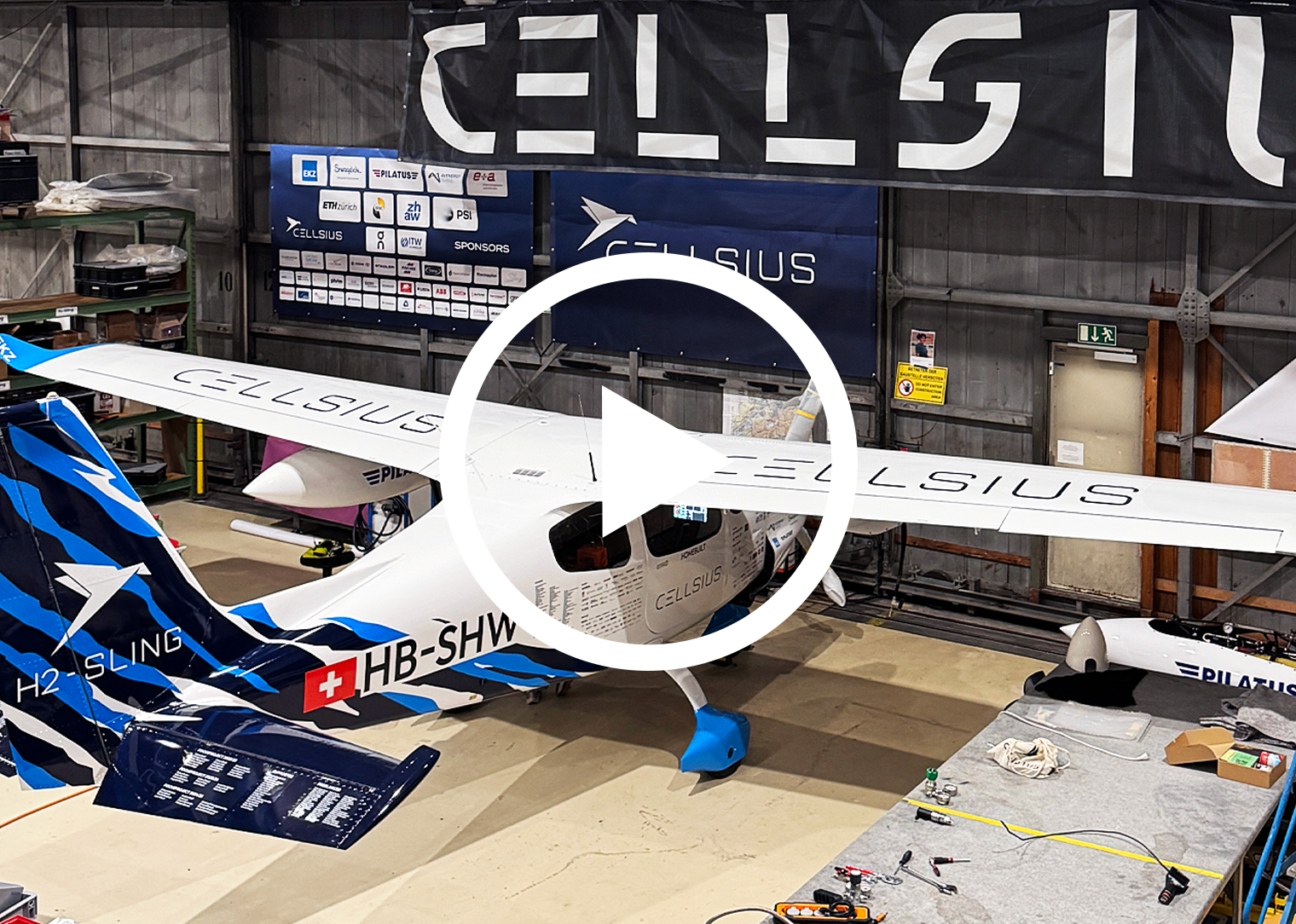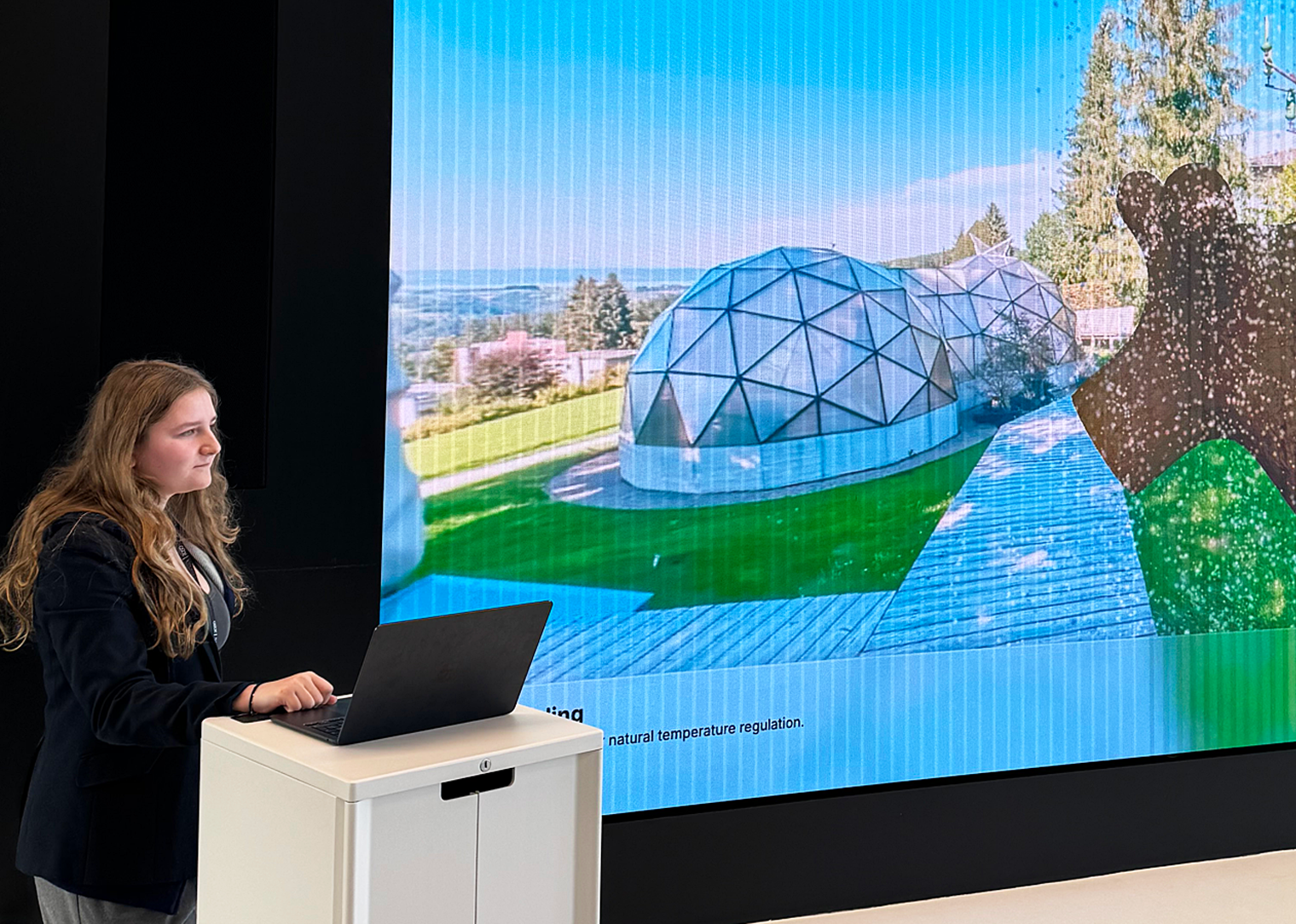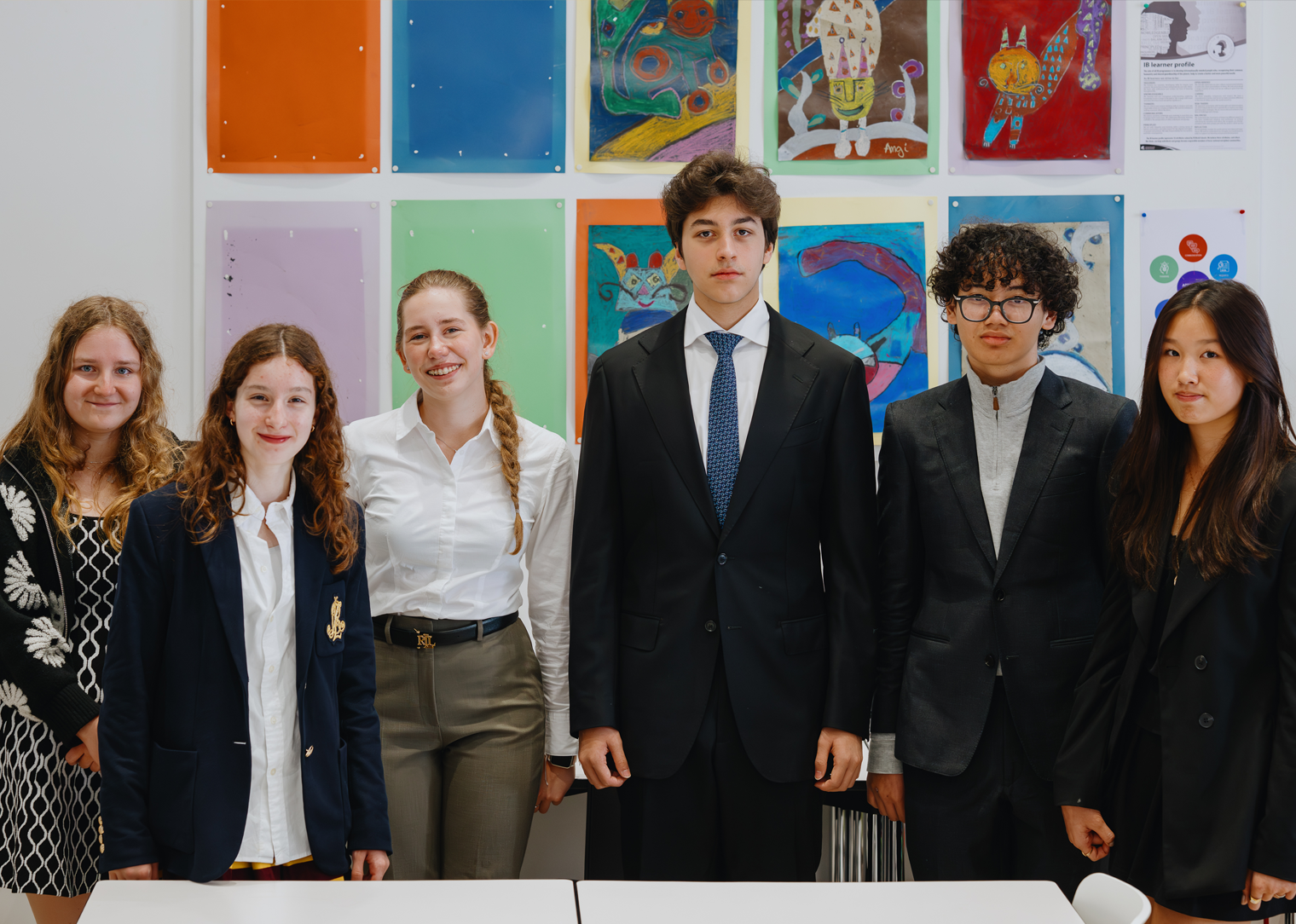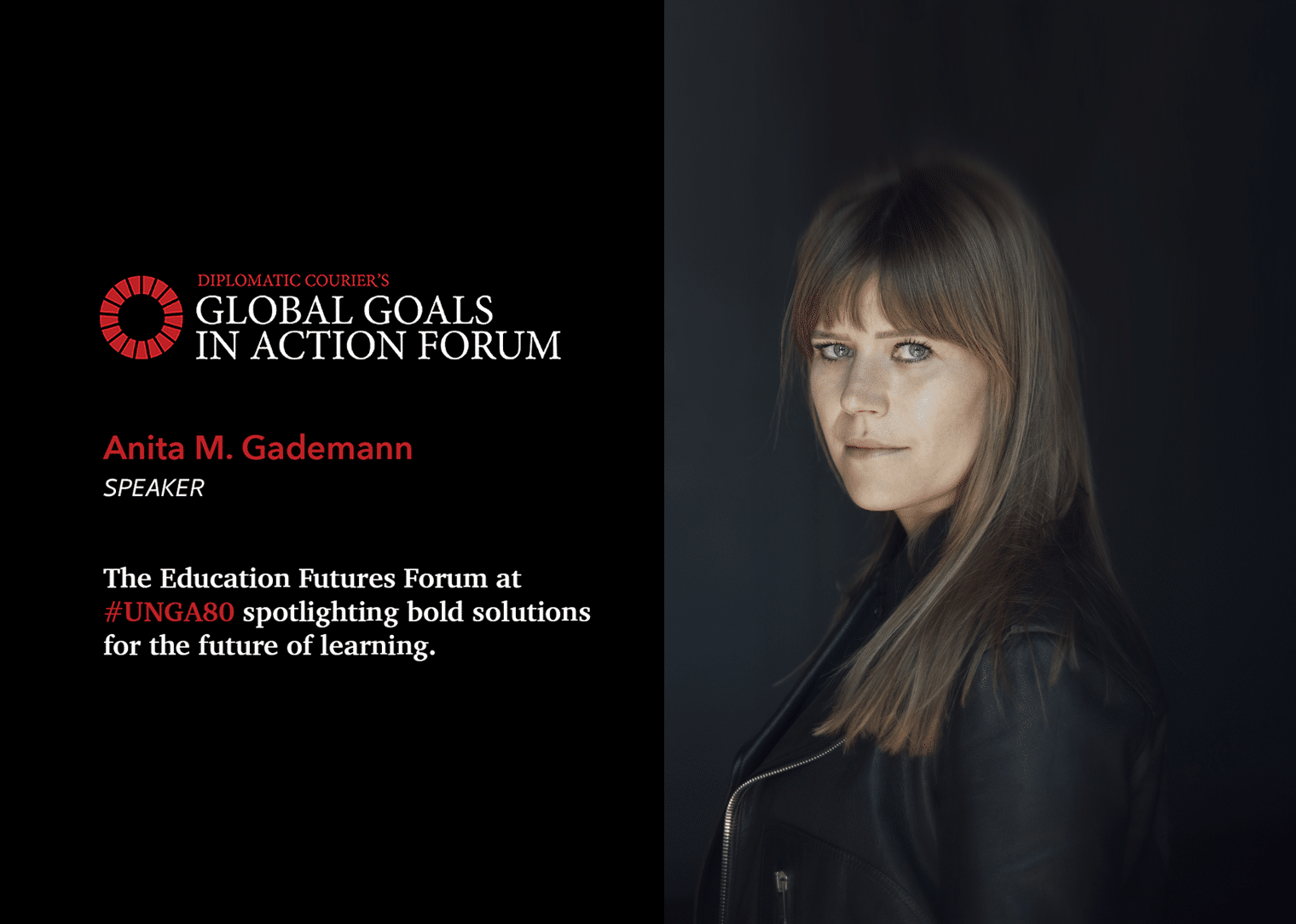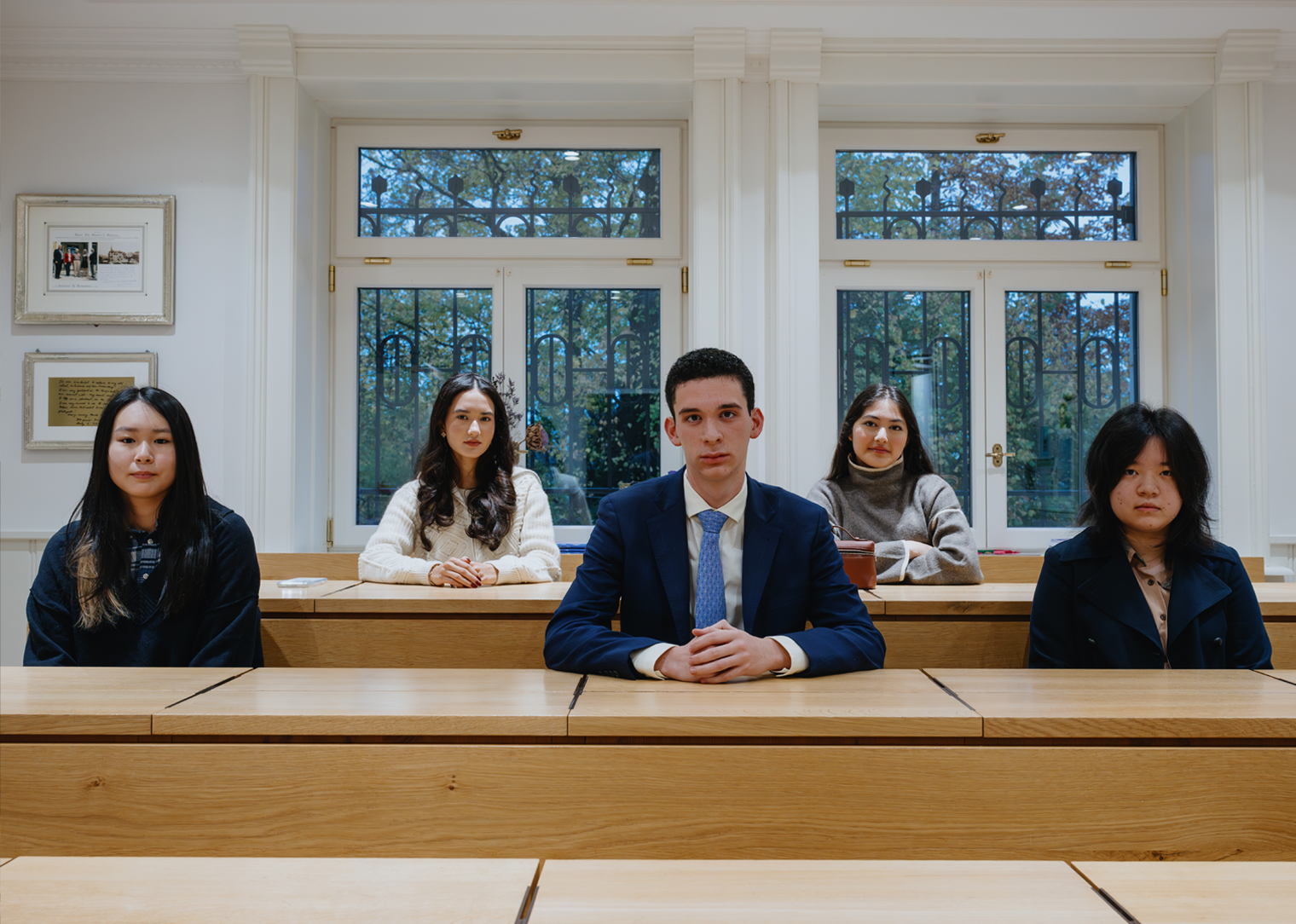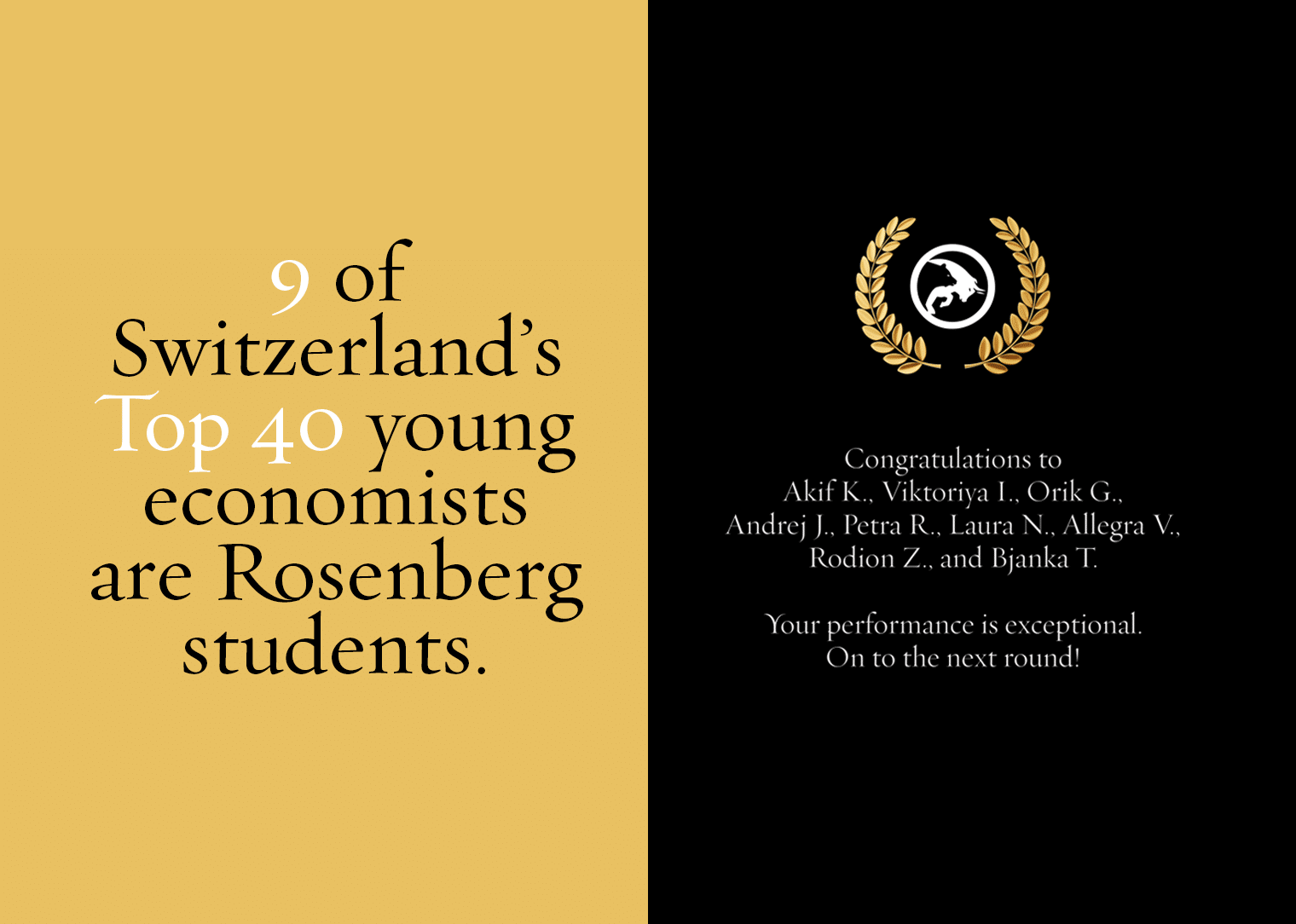The Education Futures Forum held during the United Nations General Assembly provided a significant platform for global educational discourse, with Institut auf dem Rosenberg making a notable contribution through its distinguished representatives. Anita Gademann, Director and Head of Innovation at the institution, joined an esteemed gathering of international leaders to present visionary approaches to the future of learning. Her participation aligned directly with Sustainable Development Goal 4 (SDG-4), which focuses on ensuring inclusive and equitable quality education while promoting lifelong learning opportunities for all. The forum served as a critical meeting point for educators, policymakers, and thought leaders committed to transforming educational systems worldwide.
Gademann's presentation emphasized three fundamental principles that have become central to Institut Rosenberg's educational philosophy. First and foremost, she stressed the imperative of placing students at the forefront of all educational decisions and innovations. This student-centered approach requires institutions to continuously evaluate how their policies, curricula, and teaching methodologies serve the genuine needs and aspirations of their learners. Second, she championed the importance of embracing experimentation and bravery in educational practice. In an era of rapid technological advancement and societal change, educational institutions must cultivate environments where innovative teaching methods can be tested, refined, and implemented without fear of failure. Third, Gademann highlighted the critical need to empower educators with comprehensive training and contemporary tools that prepare them for the evolving demands of their profession.
The international context of this discussion added significant weight to these propositions. As educational systems worldwide grapple with challenges ranging from digital transformation to global citizenship education, the insights shared at the UN forum represented valuable contributions to the ongoing global conversation about educational reform. Gademann's emphasis on teacher empowerment resonated particularly strongly, given the widespread recognition that no educational innovation can succeed without the committed participation of well-prepared and supported educators. Her message underscored the interconnected nature of student-centered learning, innovative practice, and teacher development as essential components of meaningful educational advancement.
Complementing the institutional perspective offered by Anita Gademann, student delegate Maeve Louise R. brought an equally compelling voice to the Education Futures Forum. Her presence and contributions reinforced the growing recognition that students must be active participants in shaping their educational experiences rather than passive recipients of predetermined curricula. Maeve's intervention emphasized that true educational progress emerges through genuine collaboration between students, educators, and administrators. This perspective aligns with contemporary educational research that highlights the importance of student agency and voice in creating meaningful learning environments.
Maeve's remarks challenged traditional educational hierarchies by positioning students as essential partners in the co-creation of knowledge and learning experiences. Her testimony provided concrete examples of how student input has influenced educational practices at her institution, demonstrating the practical benefits of including student perspectives in educational decision-making processes. This approach not only enhances the relevance of educational content but also fosters a sense of ownership and engagement among learners. The student delegate's presence at such a high-profile international forum itself served as a powerful statement about the evolving role of students in educational leadership and innovation.
The combined contributions of both institutional leadership and student representation from the Swiss school highlighted the comprehensive approach to educational excellence that characterizes the institution's philosophy. By presenting both administrative and student perspectives, the delegation demonstrated how educational institutions can bridge traditional divides between different stakeholders in the learning process. This holistic representation underscored the institution's commitment to creating educational environments where all voices are valued and where innovation emerges from collaborative effort rather than top-down imposition. The forum provided an ideal platform to showcase how this integrated approach to educational leadership can yield significant benefits for both individual learners and educational systems as a whole.




